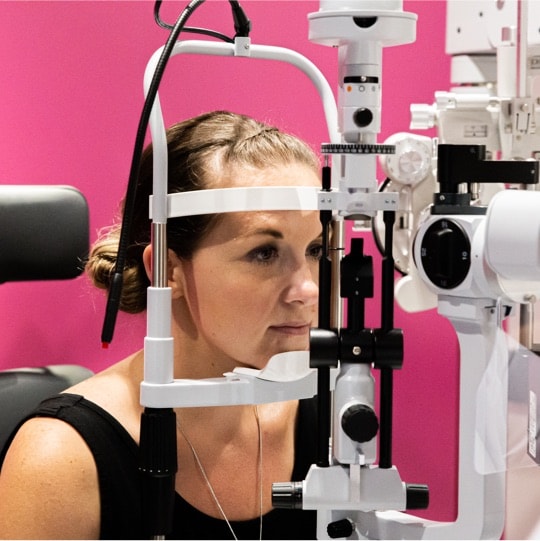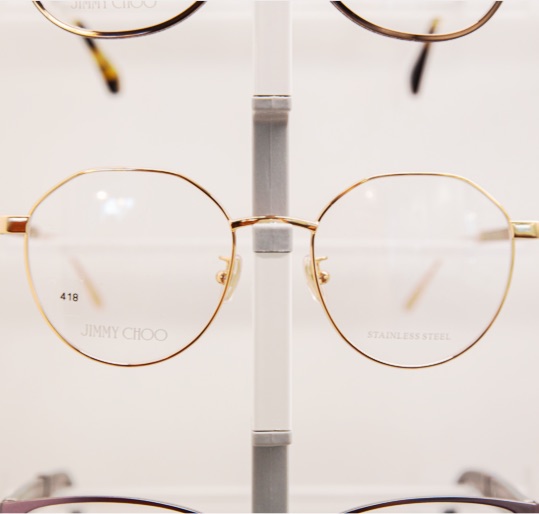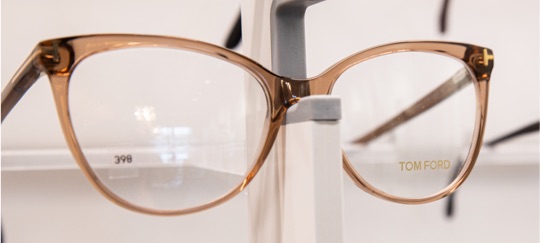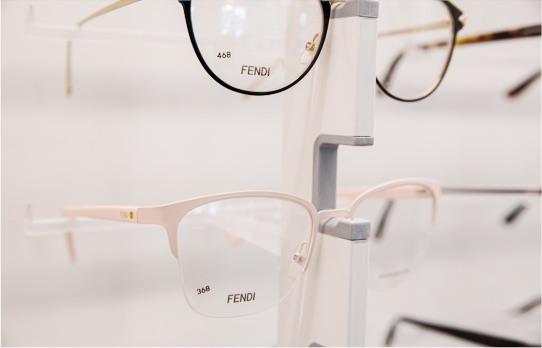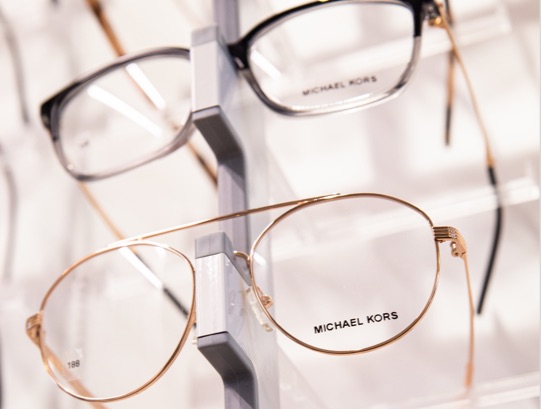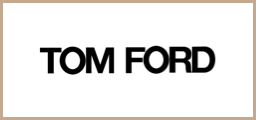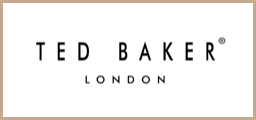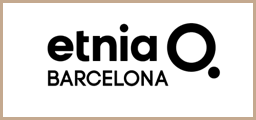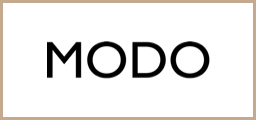Myopia Progression in Children
Recent studies have shown that children are spending significantly less time playing outdoors than ever before, which means they aren’t exposed to sunlight as often. The increase in the use of digital devices, coupled with the lack of exercise and distance-vision activities, has caused myopia to spike.
Limiting your child’s exposure to digital screens and helping them lead a balanced lifestyle can reduce their risk of developing myopia. One study showed that an increase of 76 minutes a day of outdoor activity would result in a 50% reduction in myopia in children.
Healthy outdoor activities, such as hiking, sports, or swimming, can preserve your child’s eye health while promoting an active lifestyle. It’s also essential to ensure they’re wearing sunglasses with proper UV protection to safeguard their eyes from harmful UV rays.
We are proud to be certified by Hoya to dispense their MiyoSmart lens, the first and only lens on the market for myopia control.









